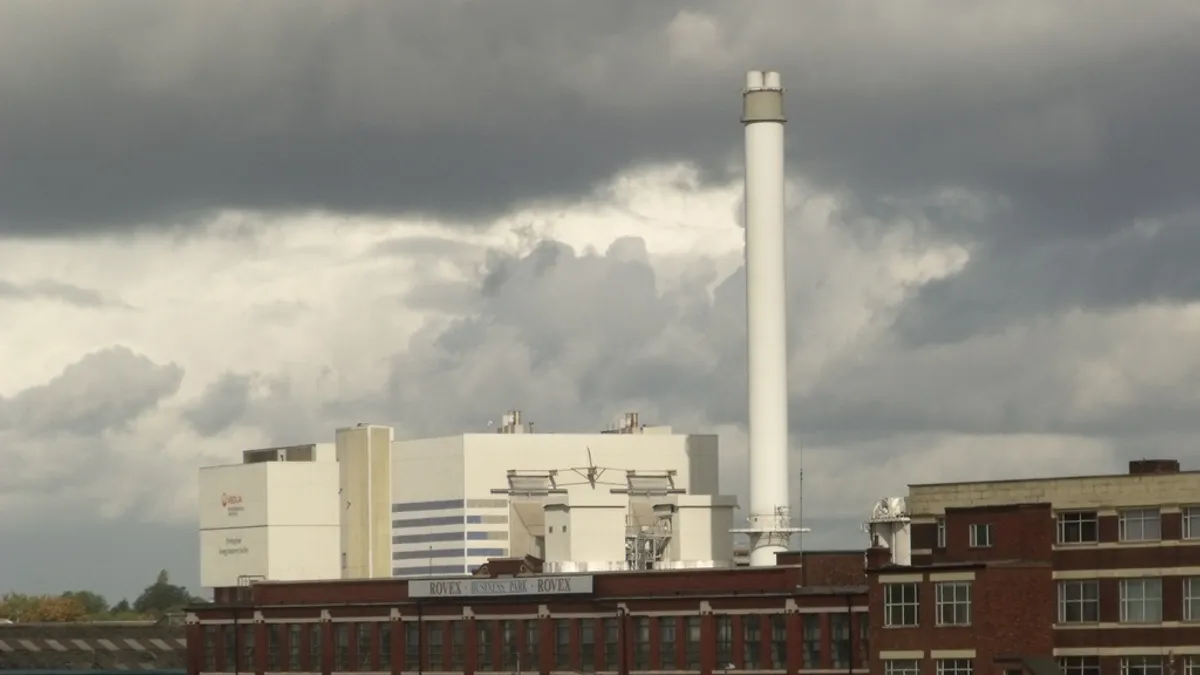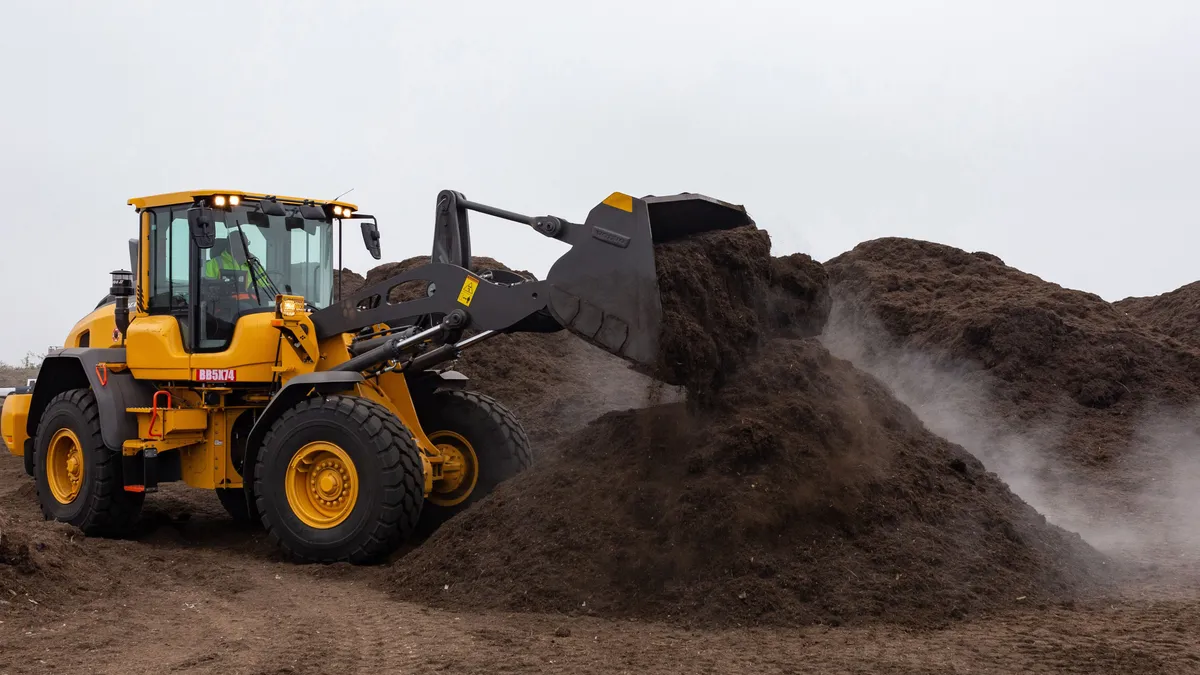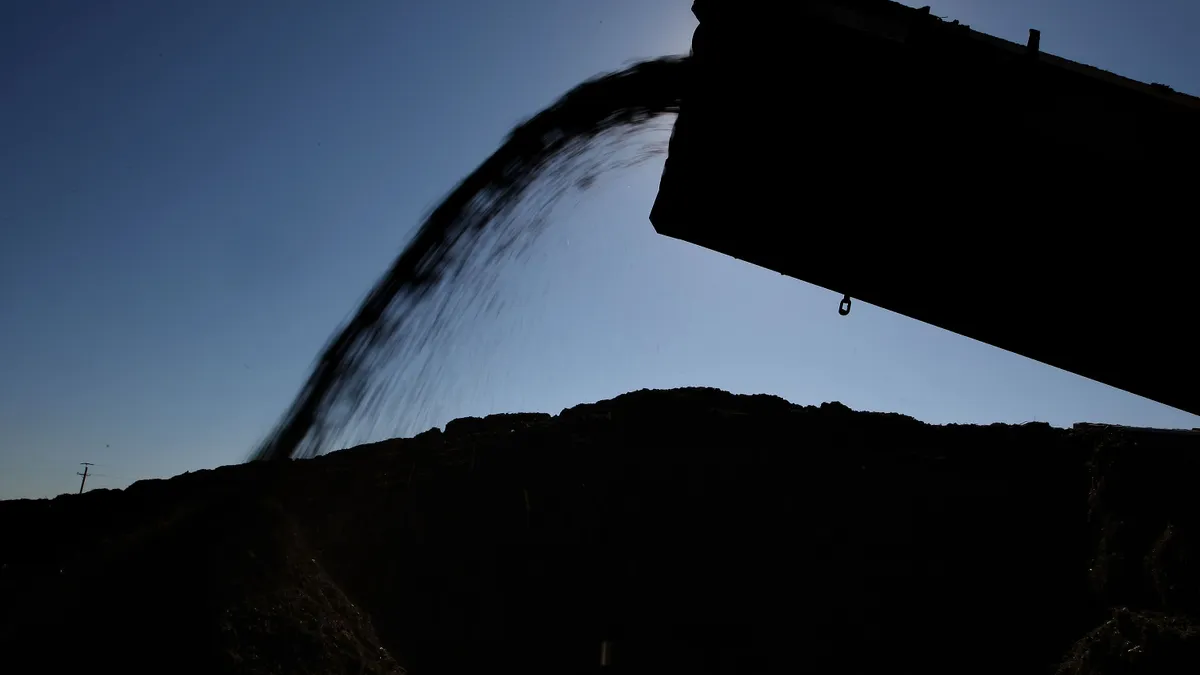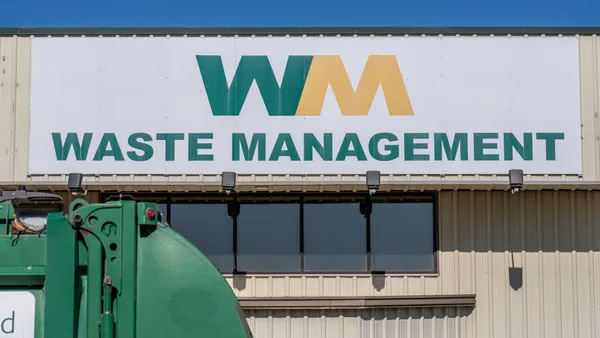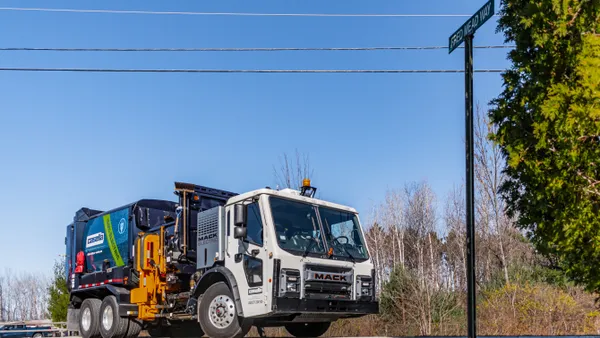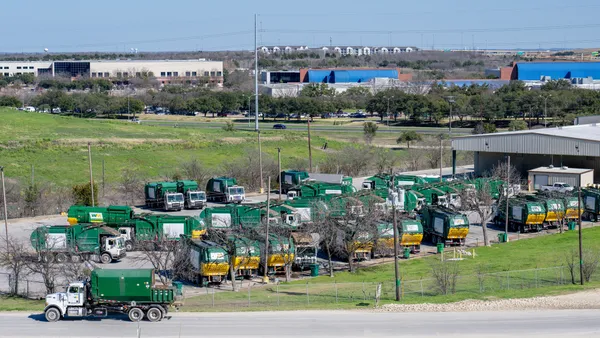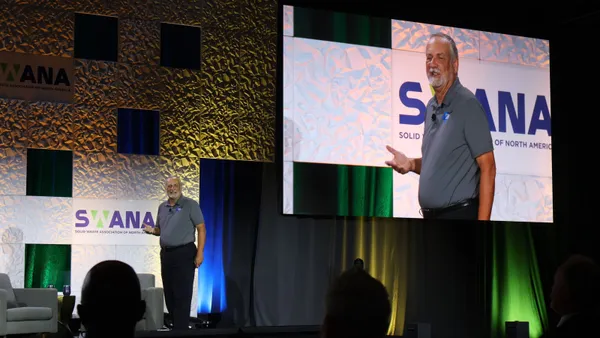Dive Brief:
- Morgan State University professor Seong W. Lee and his team of researchers recently won a $100,000 grant from the Maryland Innovation Initiative to develop his waste biomass-to-energy system from its current prototype state to a commercial state. Lee’s CycloBurn Combustion System produces energy from poultry litter and other waste biomass. It is the third MII award the team has won.
- The CycloBurn Combustion System will provide a cheap poultry waste disposal solution to poultry producers, through using the waste to create electricity for barns and other farm buildings.
- The new WTE also will reduce operating costs at poultry farms, as well as lowering the air pollution and water pollution coming from such locales, according to a Morgan State press release.
Dive Insight:
The award will enable Lee and his team to continue researching converting waste biomass to energy, while decreasing harmful environmental effects of such processes, Lee said. "Given that Maryland’s poultry farmers produce approximately 393 tons of waste per year, the Maryland Innovation Initiative recognized the potential commercial application of a full-scale system and provided us with the resources to assist in bringing it to market," he said.
The new process follows after a pattern of companies including grocers like Wegmans capitalizing on benefits associated with WTE. The Morgan State research team will soon be testing a lab-scale model of the process, followed by a full-scale design for the WTE system. After more testing, production of a commercial model will begin.


